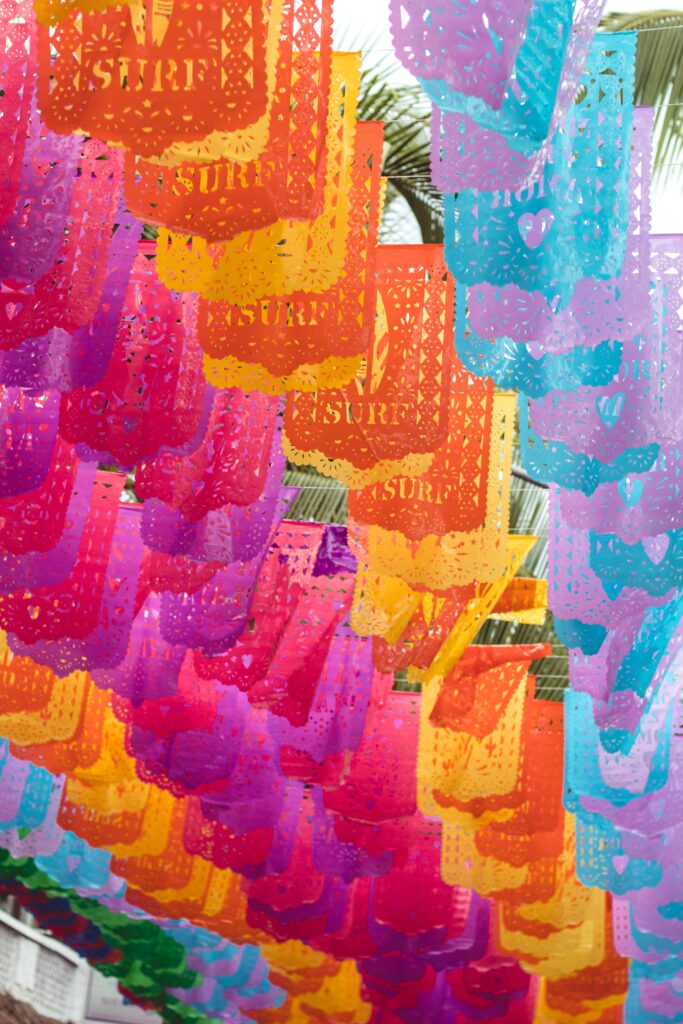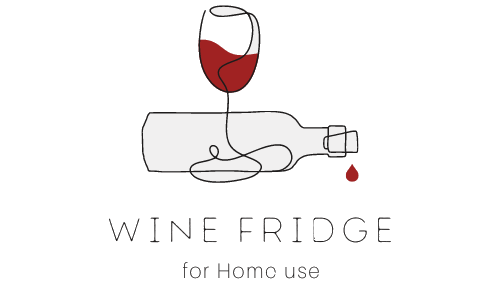If you’ve ever noticed that some wine fridges have a mysterious tinted glass door, you might be wondering why. Well, it turns out there’s actually a pretty good reason for it! The tinted glass serves a dual purpose: protecting your wine from harmful UV rays and maintaining a consistent temperature inside the fridge. So not only does it add an air of sophistication to your wine collection, but it also helps to keep your bottles in tip-top shape. Pretty cool, right? Let’s dig into the details to find out more about why these wine fridges opt for a tinted glass door.

The functionality of Tinted Glass Doors in Wine Fridges
Functionality vs aesthetic appeal
When it comes to wine fridges, functionality and aesthetic appeal are both important factors to consider. Tinted glass doors offer a unique combination of both. Not only do they add a touch of elegance and sophistication to the overall design of the wine fridge, but they also serve a crucial purpose in maintaining the ideal storage conditions for wine.
How it contributes to ideal storage conditions
The functionality of tinted glass doors lies in their ability to effectively block harmful UV light, provide additional insulation, aid in temperature control, and complement light-controlled environments. Each of these factors plays a vital role in preserving the taste and quality of wine.
Ultraviolet Light and Its Effects on Wine
Definition and source of ultraviolet light
Ultraviolet (UV) light is a type of electromagnetic radiation that is invisible to the human eye. It is emitted by the sun and can also be produced by artificial sources such as fluorescent and incandescent bulbs. UV light is divided into three categories: UVA, UVB, and UVC. UVC is the most damaging type, but is typically filtered out by the Earth’s atmosphere. UVA and UVB, on the other hand, can penetrate the atmosphere and have the potential to negatively impact the taste and quality of wine.
Impact of ultraviolet light on the taste and quality of wine
Exposure to UV light can lead to a phenomenon known as “light strike” or “sunlight fault” in wine. This occurs when UV light interacts with compounds in the wine, causing them to degrade and produce unpleasant aromas and flavors. In addition to affecting the taste and quality, UV light can also accelerate the aging process of wine, leading to premature oxidation and loss of desirable characteristics.
Understanding the Role of Tinted Glass in Blocking UV Light
How tinted glass prevents UV light penetration
Tinted glass is specially designed to absorb or reflect a significant portion of the UV radiation that it encounters. The tinting process involves adding metallic or ceramic particles to the glass during the manufacturing process, which helps to block the transmission of UV light. This reduces the amount of harmful radiation that can reach the wine bottles inside the fridge and protects them from the negative effects of light exposure.
Comparison to regular glass and its efficiency
Regular glass, while it may appear clear and transparent, does not provide adequate protection against UV light. It allows a significant amount of UV radiation to pass through, exposing the wine bottles to potential damage. Tinted glass, on the other hand, significantly reduces the penetration of UV light, thereby offering enhanced protection to the wine stored inside the fridge.
Contribution to Temperature Control
Role of tinted glass in maintaining consistent fridge temperature
Tinted glass doors not only offer UV protection but also play a crucial role in maintaining a consistent temperature within the wine fridge. The tinted glass acts as an additional barrier to heat transfer, reducing the impact of external temperature fluctuations on the wine bottles. This helps to create a stable environment inside the fridge, ensuring that the wine is stored at the optimal temperature for extended periods.
Impact of temperature fluctuations on wine quality
Wine is highly sensitive to temperature fluctuations, as excessive heat or cold can alter its chemical composition and affect its taste and aroma. Fluctuations in temperature can also lead to expansion and contraction of the wine bottles, potentially causing leakage or even breakage. By providing an extra layer of insulation, tinted glass doors help to minimize temperature variations and maintain a stable environment inside the wine fridge, protecting the quality and integrity of the wine stored within.

Additional Insulation Provided by Tinted Doors
The insulation benefits of tinted glass doors
Apart from contributing to temperature control, tinted glass doors also provide additional insulation to the wine fridge. The tinted glass acts as a thermal barrier, reducing the transfer of heat between the internal and external environments. This added insulation helps to maintain a more stable internal temperature and reduces the workload on the cooling system, resulting in improved energy efficiency and cost savings in the long run.
How this contributes to energy efficiency
By minimizing heat transfer, tinted glass doors assist the wine fridge in maintaining a consistent temperature without excessive energy consumption. When the cooling system is not constantly working to compensate for temperature fluctuations, it operates more efficiently, consuming less energy and extending the lifespan of the appliance. This energy efficiency not only benefits the environment but also helps reduce electricity bills for wine enthusiasts.
How Tinted Glass Doors Complement Light Controlled Environments
Importance of darkness in wine preservation
Darkness is a fundamental factor in preserving the quality and longevity of wine. Exposure to light, especially UV light, can lead to unwanted chemical reactions within the wine, ultimately compromising its taste and aroma. To counteract this, wine enthusiasts commonly store their cherished bottles in dark cellars or cabinets. However, with the modernization of wine storage solutions, tinted glass doors have emerged as an excellent alternative.
How tinted glass aids in creating a perfect storage atmosphere
Tinted glass doors work hand in hand with light-controlled environments to create an ideal storage atmosphere for wine. By blocking the majority of UV light, the tinted glass doors ensure that the wine bottles are shielded from harmful radiation. The darkened ambiance created within the wine fridge mimics the traditional storage conditions, helping to preserve the integrity of the wine and allowing it to age gracefully.

Privacy and Aesthetic Advantages of Tinted Glass Doors
How tinted glass provides increased privacy
In addition to its functional benefits, tinted glass doors offer increased privacy for wine collectors. The opaque appearance of the glass obscures the contents of the fridge, keeping the collection discreet and protected from prying eyes. This privacy element is especially important for those who have valuable or rare bottles in their collection and prefer to keep them hidden from view.
Aesthetic benefits of a tinted glass door
The aesthetic appeal of tinted glass doors should not be overlooked. They add a touch of sophistication and elegance to any wine fridge, elevating its overall visual appeal. The tinted glass imparts a sleek and modern look, seamlessly integrating into various design styles and enhancing the overall ambiance of the space. Whether placed in a contemporary kitchen or a dedicated wine room, a wine fridge with a tinted glass door undoubtedly makes a stylish statement.
Conclusion: Is a Tinted Glass Door necessary for a Wine Fridge?
Weighing the benefits and downsides
When considering whether a tinted glass door is necessary for a wine fridge, it is essential to weigh the benefits against any potential downsides. The functional advantages, such as UV protection, temperature control, insulation, and complementing light-controlled environments, greatly contribute to the overall preservation and quality of wine. Additionally, the increased privacy and aesthetic appeal provided by the tinted glass doors add value to the wine fridge as a whole.
However, it is important to note that personal preferences and individual needs may vary. Some wine enthusiasts may prioritize a clear glass door to showcase their collection, while others may prioritize the functional benefits of tinted glass. Ultimately, the decision to opt for a tinted glass door in a wine fridge should be based on a careful consideration of the specific requirements and preferences of the owner.
Final words on the necessity of tinted glass in wine fridges
In conclusion, the functionality of tinted glass doors in wine fridges cannot be denied. They offer a multitude of benefits, ranging from UV protection and temperature control to additional insulation and aesthetic appeal. The ability of tinted glass doors to block harmful UV light, maintain a consistent fridge temperature, provide extra insulation, complement light-controlled environments, and offer increased privacy makes them a valuable addition to any wine enthusiast’s storage solution. While a tinted glass door may not be necessary for everyone, it undoubtedly enhances the overall functionality and visual appeal of a wine fridge.
